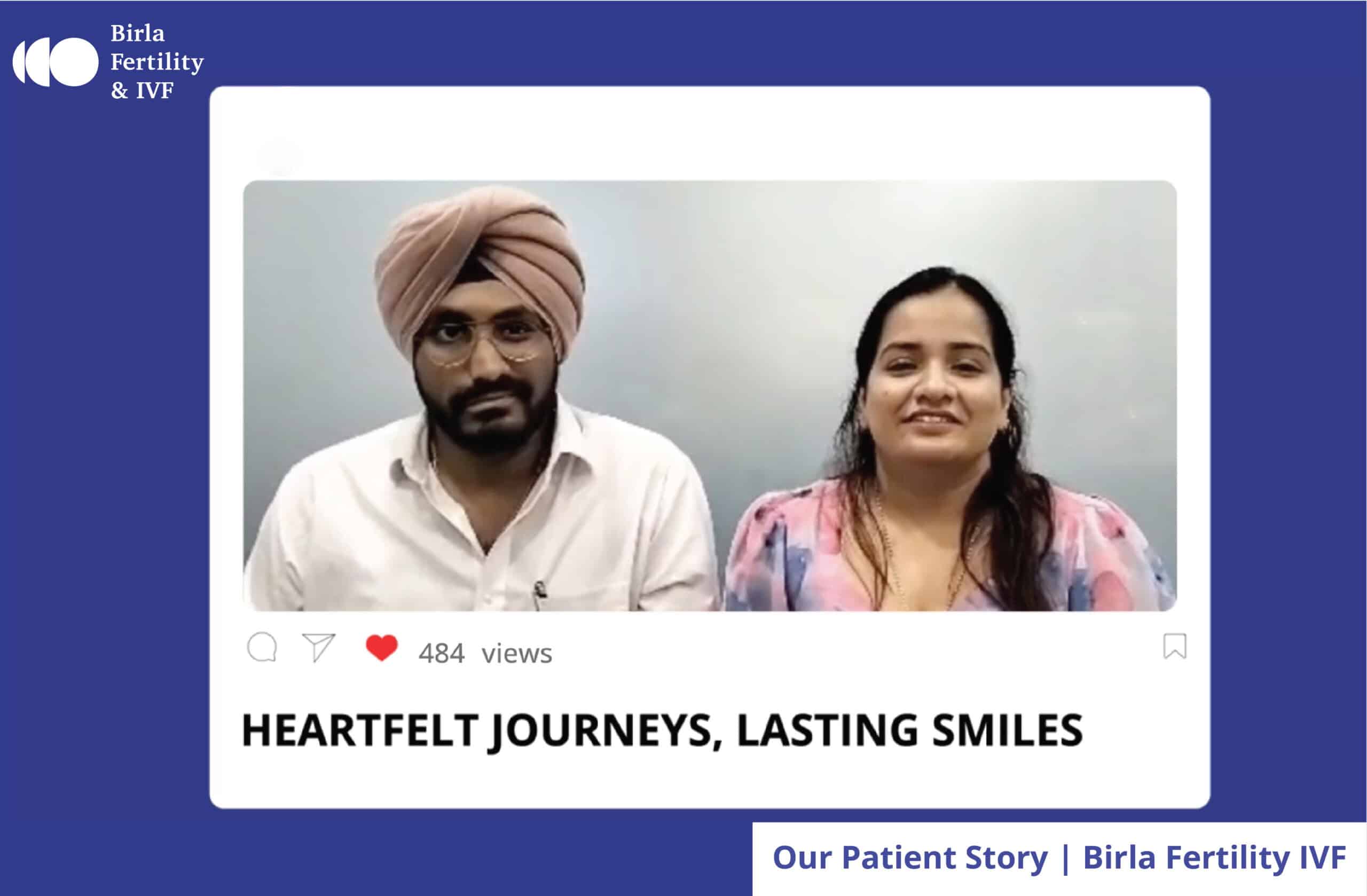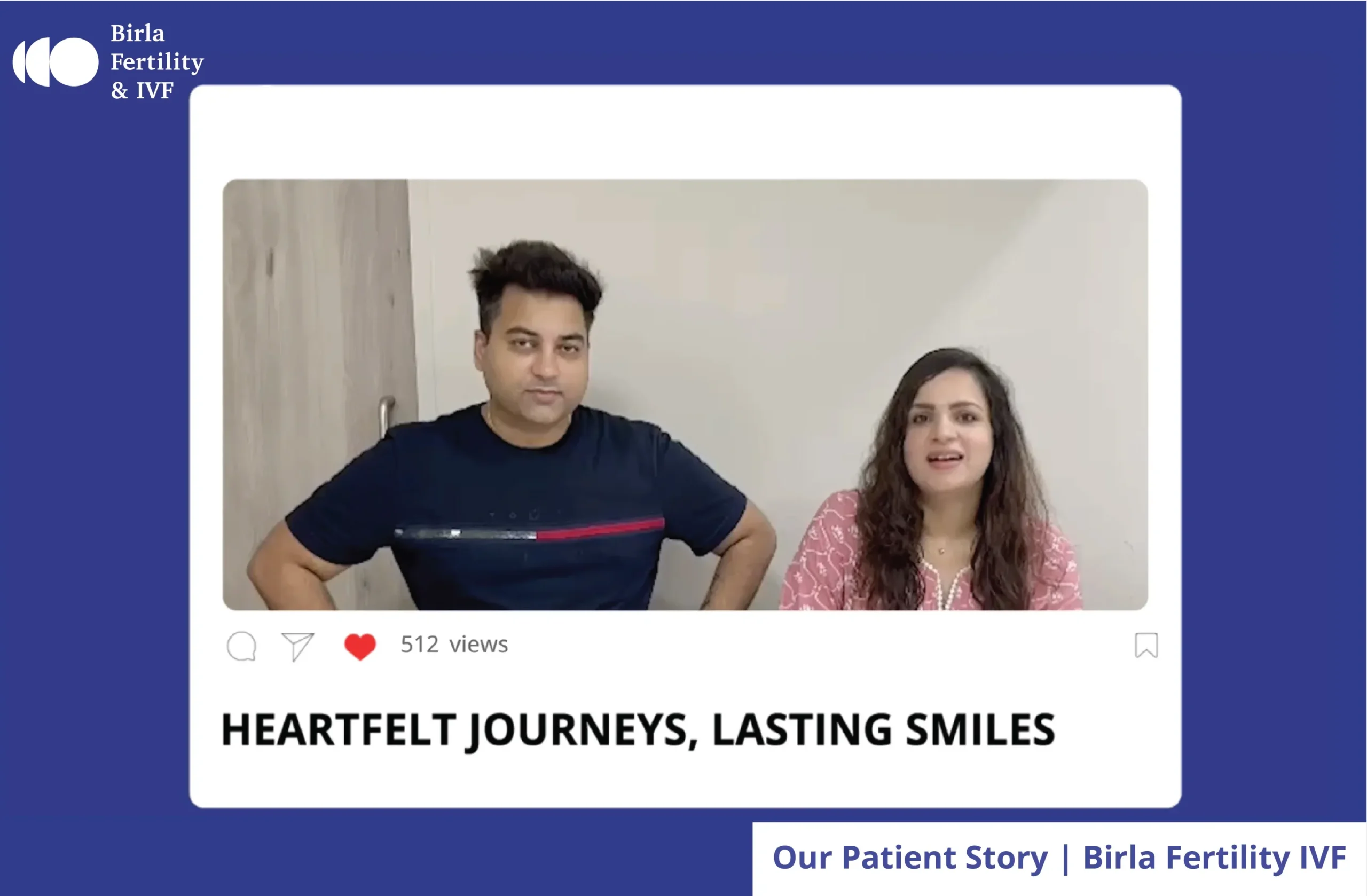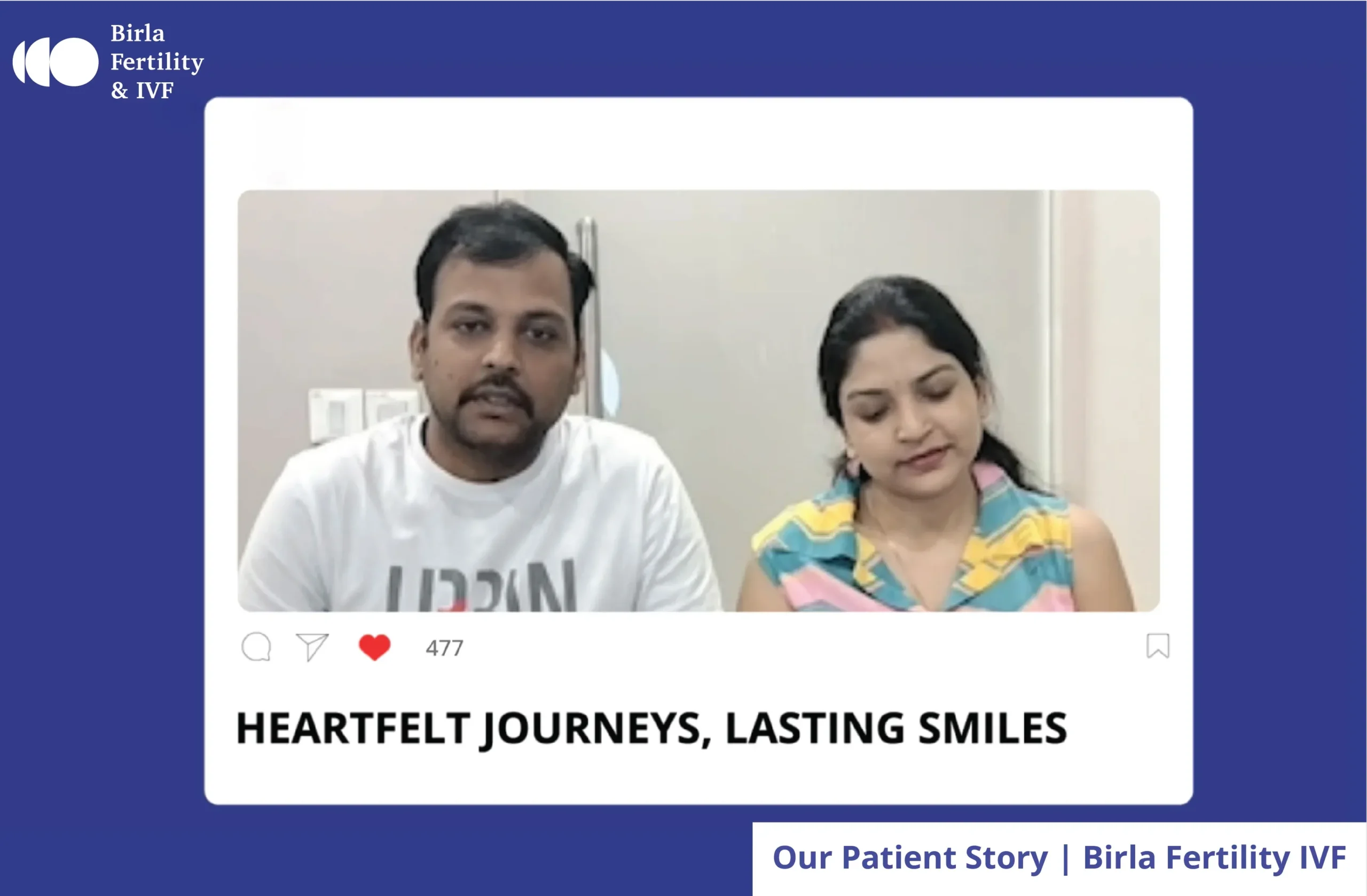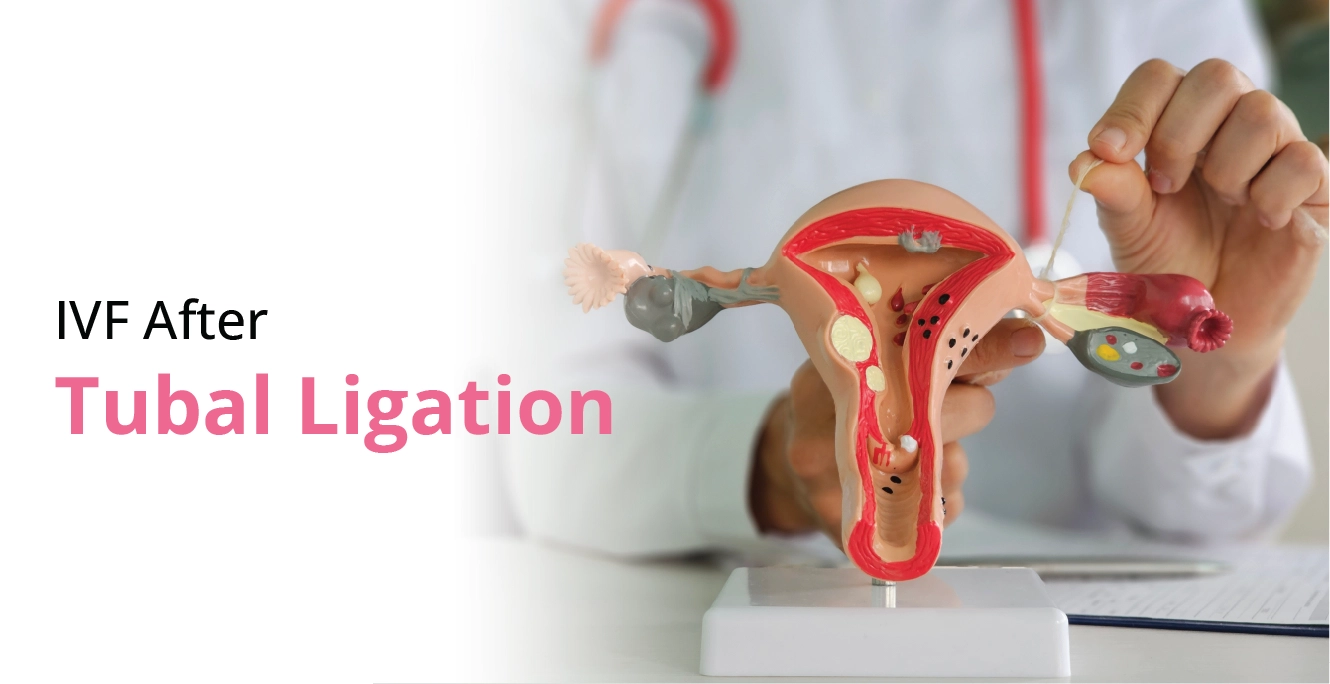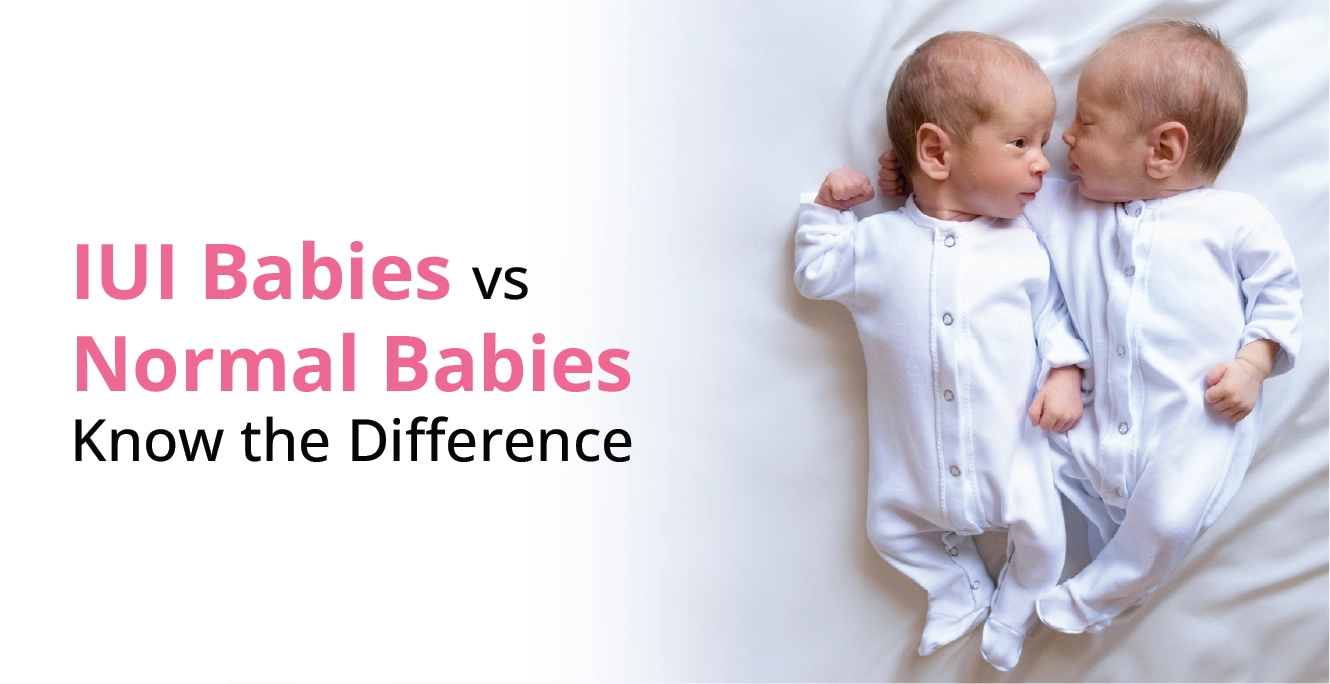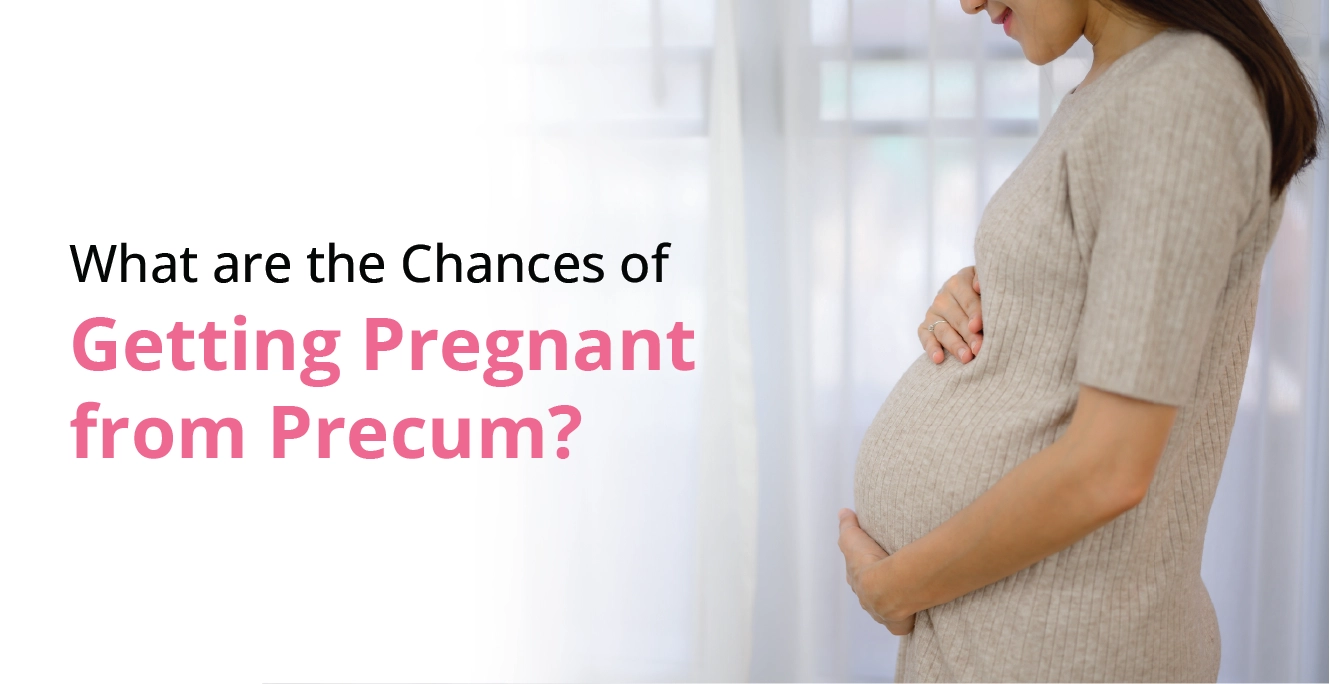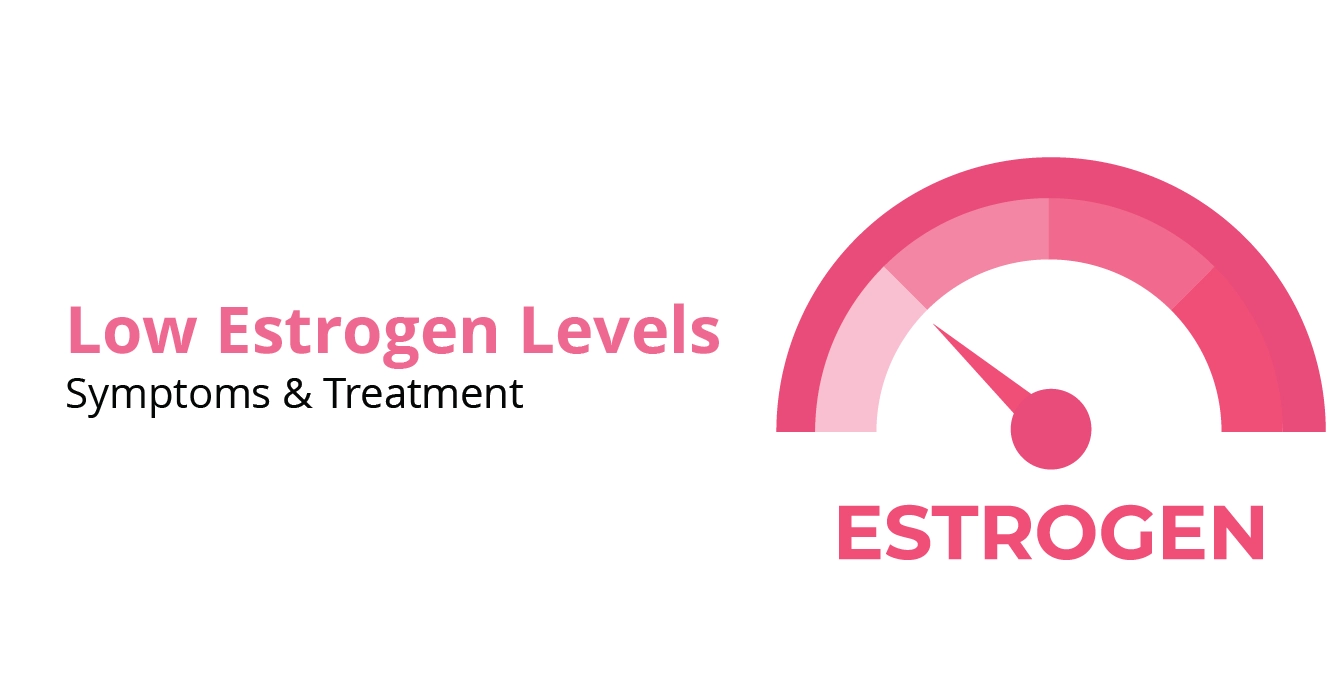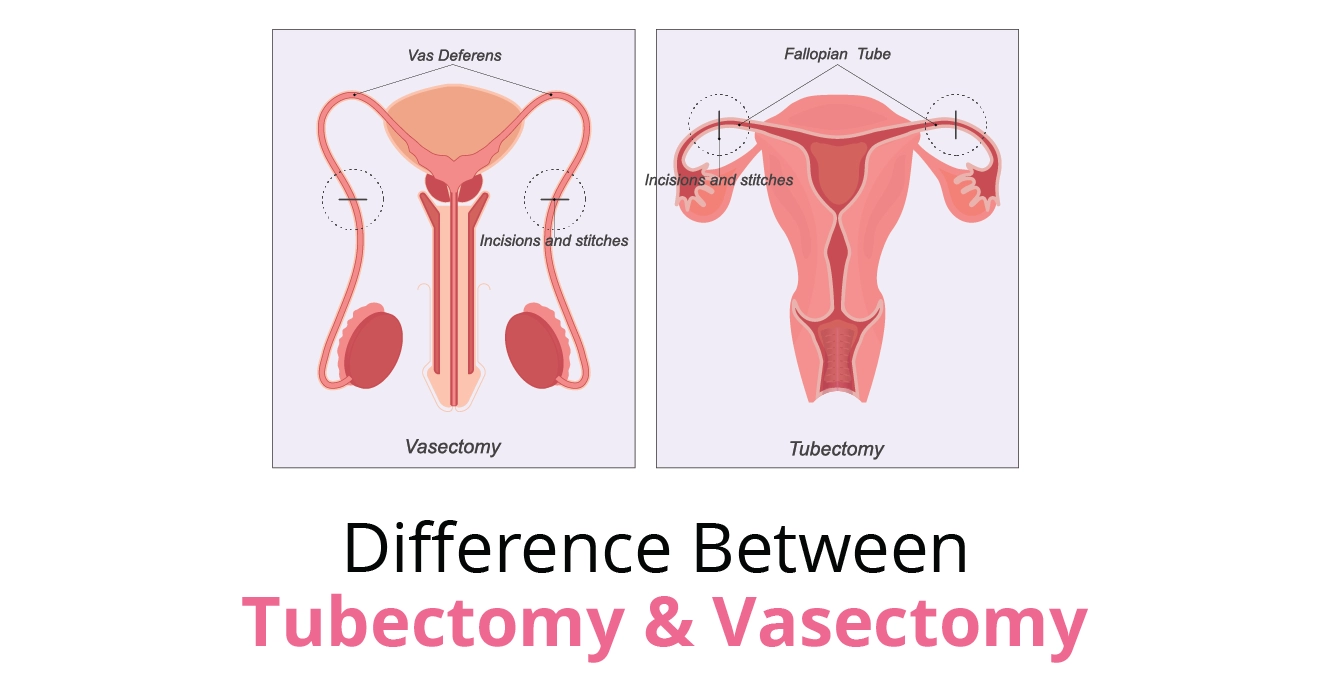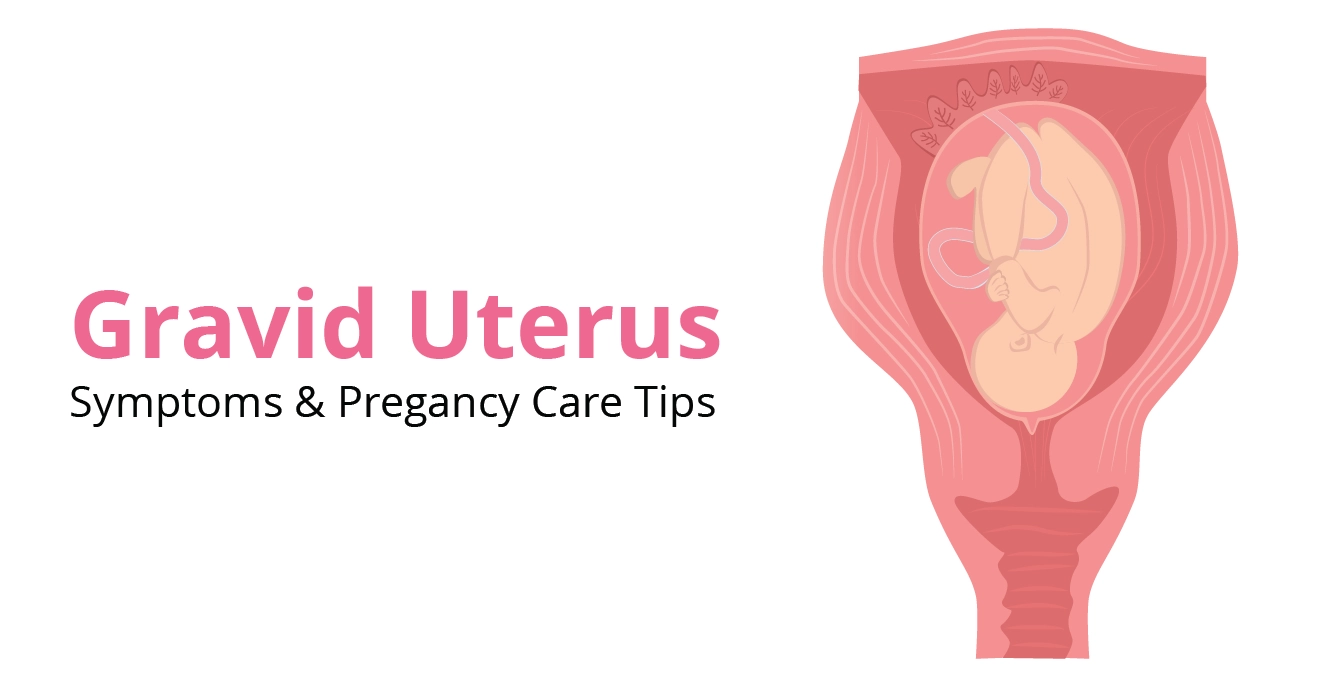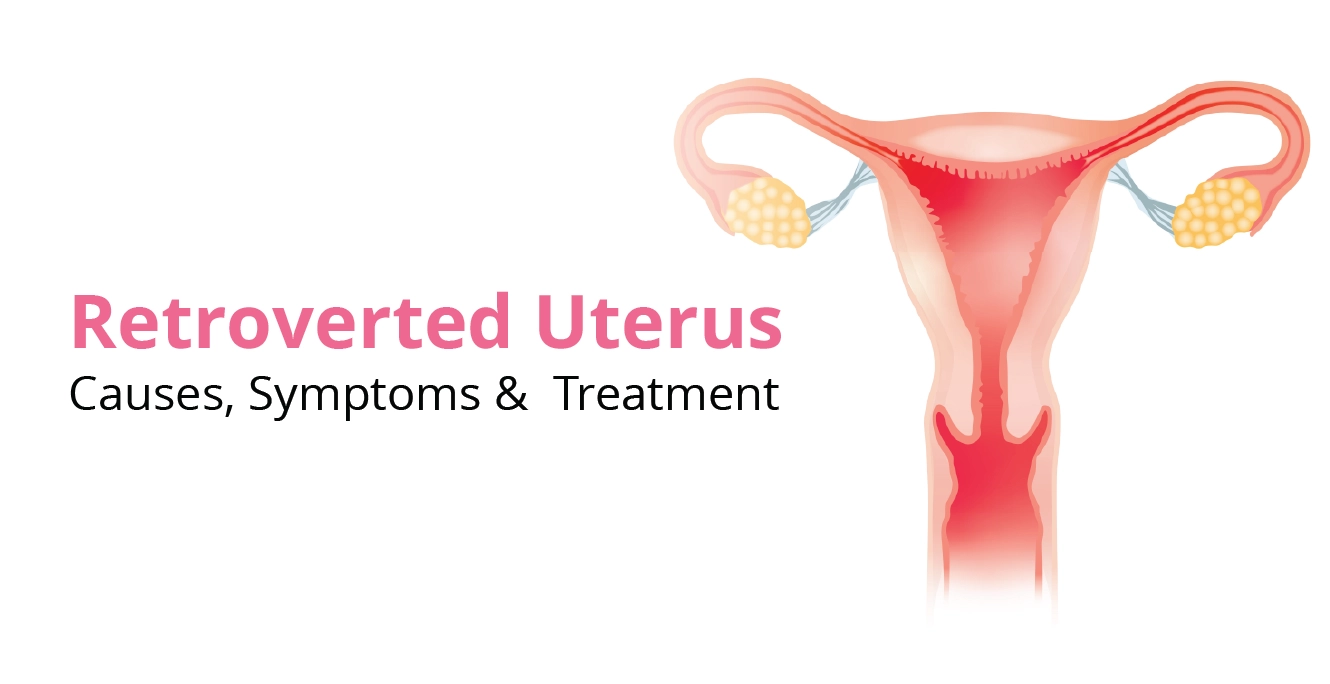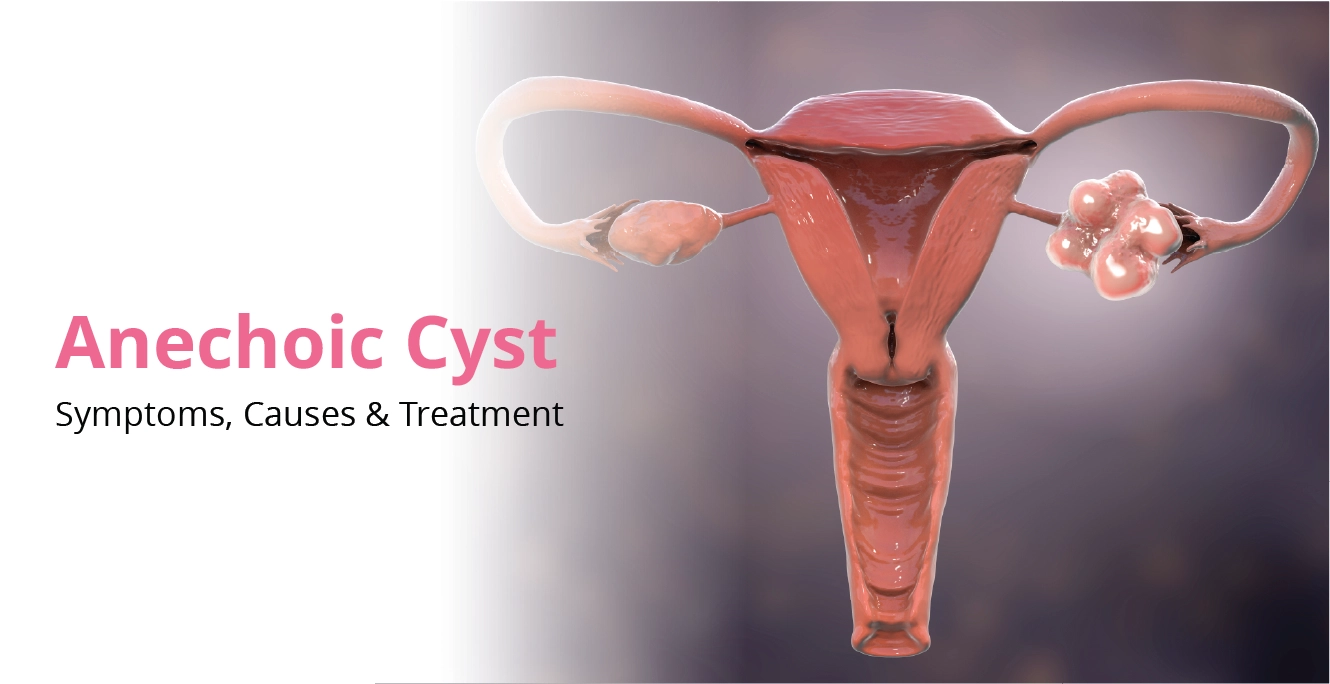In Vitro Fertilisation (IVF)
IVF (In Vitro Fertilization) is an advanced assisted reproductive technology (ART), designed to help individuals and couples overcome fertility challenges. IVF is a medical procedure where eggs are retrieved from a woman’s ovaries and combined with sperm from a partner or donor in a laboratory dish to facilitate fertilization. The resulting embryos are carefully monitored, with the most viable ones selected and then transferred into the woman’s uterus.
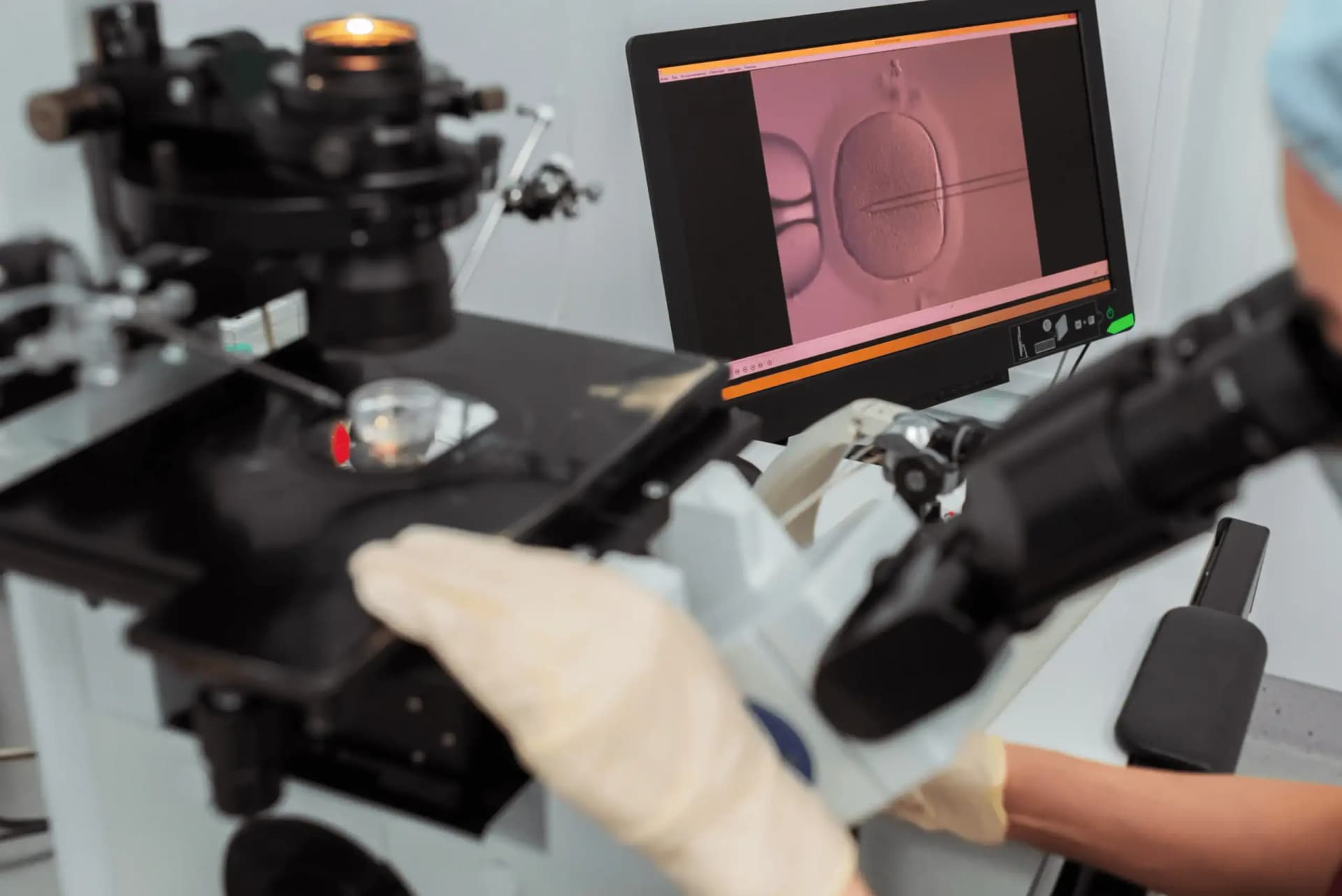
What is IVF?
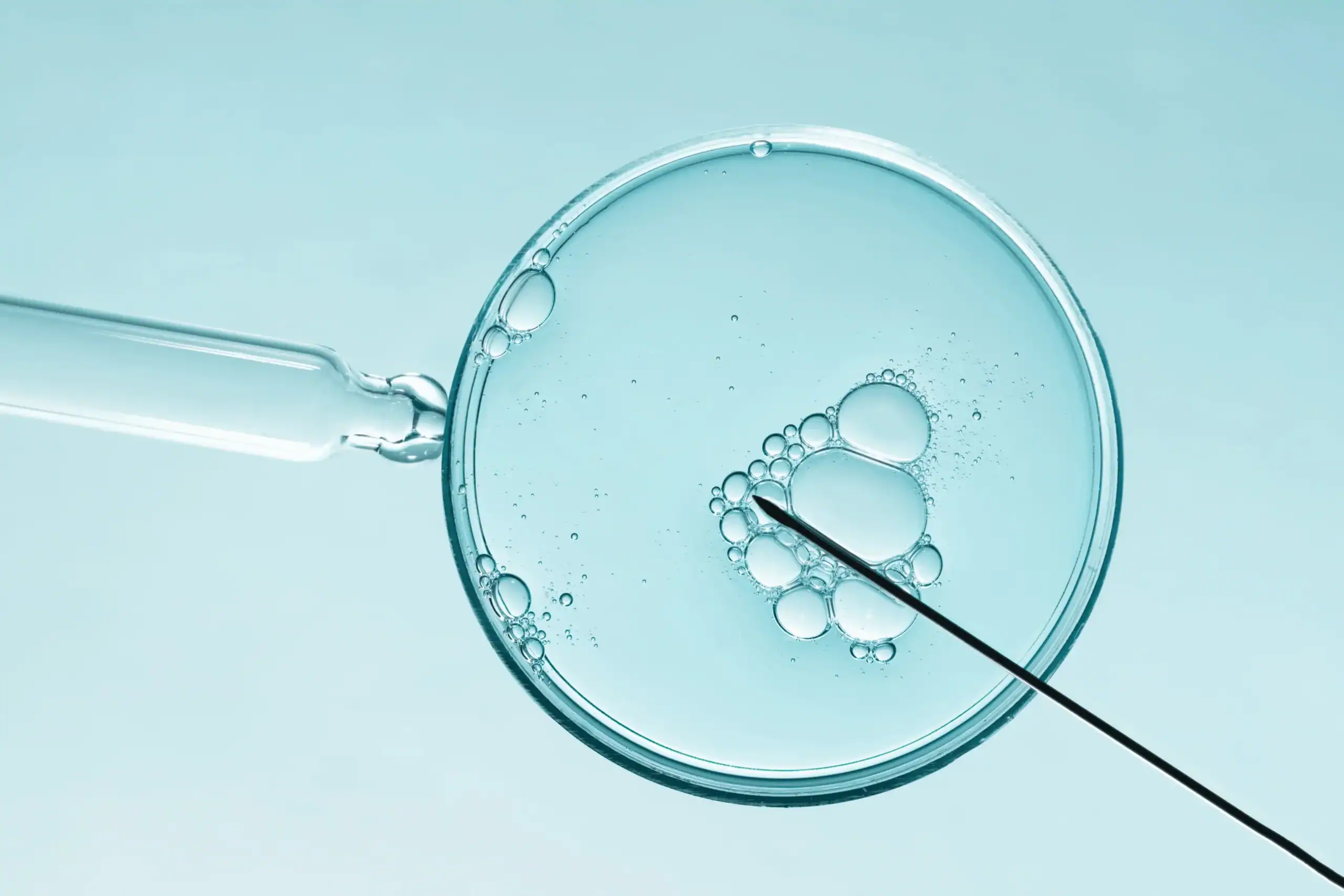
IVF is recommended to bypass problems like blocked/damaged fallopian tubes, ovulation disorders, genetic issues, advanced maternal age, unexplained infertility, and male fertility.
IVF is one of the most effective form of ART with the highest success rates. The success rate of IVF depends on various factors, including maternal age, cause of infertility, lifestyle factors, and previous pregnancy. Our expert team provides complete support through your IVF journey-detailed assessments, personalised treatment, state-of-the-art technology, and emotional and psychological support. Thus, maximising your chances of achieving a healthy pregnancy.
Why is IVF Recommended?
Doctors suggest IVF for infertility issues, genetic disorders and chronic health issues. Here are primary reasons IVF is performed:
Female Factors:
- Ovulation Disorders: Irregular/absent ovulation disrupts egg availability. IVF involves controlled ovarian stimulation and retrieval of mature eggs.
- Advanced Maternal Age: Egg quality and quantity decline with age. IVF selects the healthiest eggs and embryos.
- Fallopian Tube Blockage/Damage: Fallopian tubes transport eggs to the uterus. IVF bypasses tubes by retrieving and fertilising eggs in the lab.
- Endometriosis: Growth of uterine tissue outside the uterus causes infertility. IVF helps bypass the obstacles posed by endometriosis.
Male Factors:
- Sperm Issues: Low count, poor motility, or abnormal morphology affect fertility. Intracytoplasmic sperm injection (ICSI) directly injects sperm into egg.
- Obstructions: Blockages in reproductive tract prevent sperm ejaculation. IVF techniques retrieve the sperm directly.
Other Factors:
- Genetic Disorders: Preimplantation genetic testing (PGT) can select embryos free from genetic disorders.
- Preserve Fertility: Individuals undergoing treatments like chemotherapy can freeze eggs, sperm, or embryos.
- Unexplained Infertility: IVF enhances fertility when the cause is unknown.
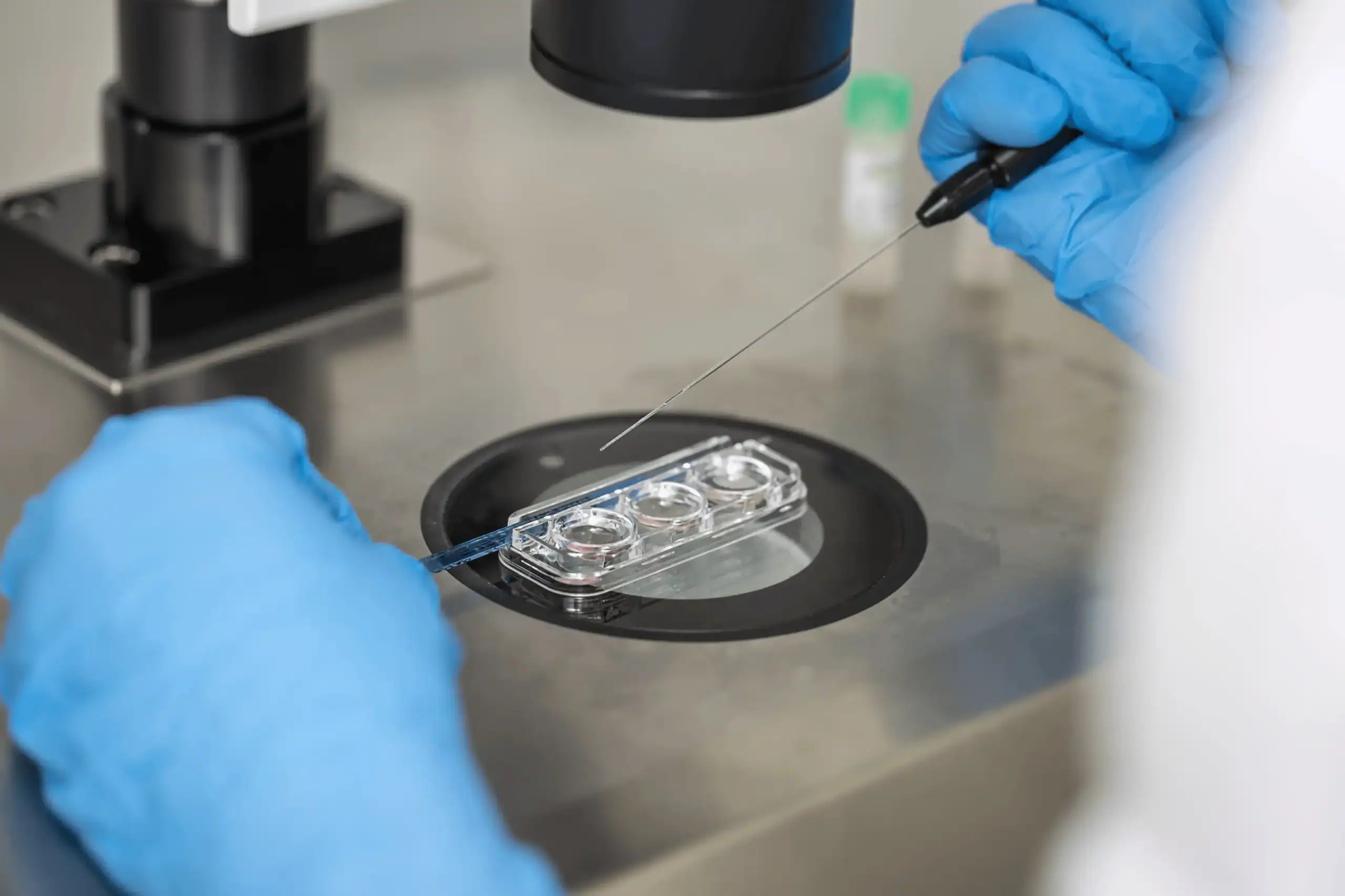
How is it Done?
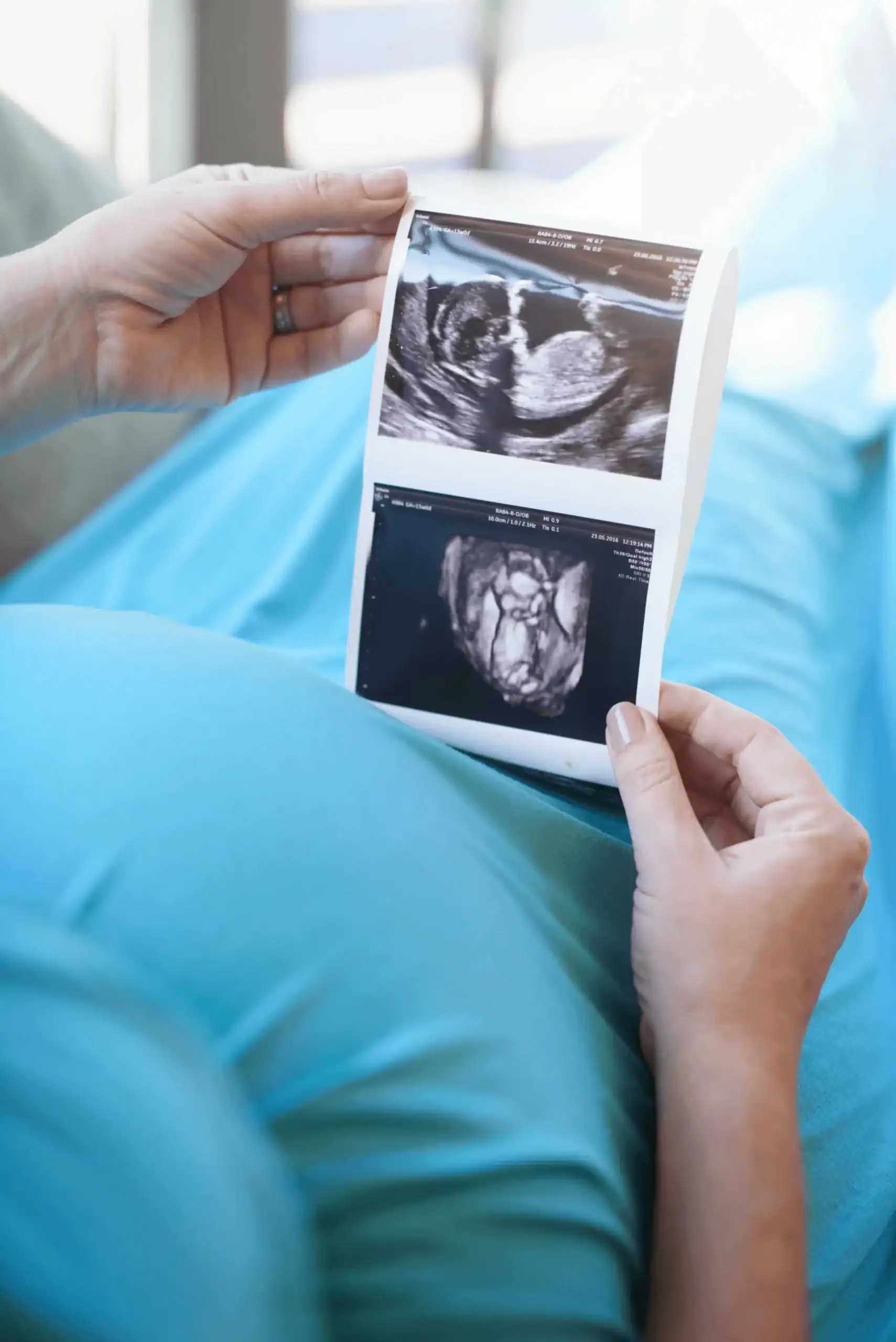
IVF is a series of procedures to assist in conception. Here, is an easy to understand breakdown of IVF steps:
- Ovarian Stimulation: The female partner starts hormone treatment. Medications like follicle stimulating hormone (FSH) and luteinizing hormone (LH) are administered to stimulate the ovaries to produce multiple eggs. Blood tests and ultrasounds are used to monitor the follicles.
- Egg Retrieval: Once follicles are of appropriate size, a trigger shot is administered to mature the eggs. Eggs are retrieved from ovaries through a minimally invasive procedure guided by ultrasound.
- Fertilisation: Eggs are combined with prepared sperm in a laboratory dish to allow fertilisation. Sometimes, ICSI is used to inject a single sperm directly into an egg.
- Embryo Development: Fertilised eggs develop into embryos under carefully controlled conditions in the lab over 3-5 days.
- Embryo Transfer: The best quality embryo(s) are selected for transfer into the uterus via a thin catheter, guided by ultrasound. Hormonal support is given to prepare the uterine lining for implantation.
- Pregnancy: Successful embryo implantation may lead to pregnancy. Pregnancy tests are performed approximately 10-14 days after embryo transfer to confirm implantation.
Why Choose Us
Choosing the right fertility clinic is crucial for starting your family. At Birla Fertility & IVF, we offer personalised care with expert specialists guiding you every step of the way. Our advanced labs and outstanding success rates have helped over 2,30,000 patients achieve their dream of parenthood.
Our Pricing Plans
We offer highly competitive fixed-price packages with easy-to-understand pricing breakdowns to avoid unexpected add-ons and hidden charges during your treatment journey.

| Elements of an IVF Packages | Typical IVF Packages | Our IVF Packages |
|---|---|---|
| Fertility Panel & Diagnostics |  |  |
| Ovum Pickup |  |  |
| ICSI/IVF |  |  |
| Embryo Transfer |  |  |
| Doctor Consultations |  |  |
| OT & Consumable Charges |  |  |
| Ultrasounds |  |  |
| Hormonal tests |  |  |
| Essential Add-Ons | ||
| Stimulations & Injections |  |  |
| Complimentary Add-Ons | ||
| Embryo Freezing and thawing charges |  |  |
| Total | 1,90,000-3,00,000 | 1.70,000 |
| Elements of an IVF Packages | Typical IVF Packages | Our IVF Packages |
|---|---|---|
| Fertility Panel & Diagnostics |  |  |
| Ovum Pickup |  |  |
| ICSI/IVF |  |  |
| Embryo Transfer |  |  |
| Doctor Consultations |  |  |
| OT & Consumable Charges |  |  |
| Ultrasounds |  |  |
| Hormonal tests |  |  |
| Blastocysts Culture |  |  |
| Assisted Laser Hatching |  |  |
| Essential Add-Ons | ||
| Stimulations & Injections |  |  |
| Complimentary Add-Ons | ||
| Embryo Freezing and thawing charges |  |  |
| Total | 2,50,000-4,00,000 | 2,75,000 |
| Elements of an IVF Packages | Typical IVF Packages | Our IVF Packages |
|---|---|---|
| Fertility Panel or Diagnostic |  |  |
| Ovum Pickup |  |  |
| IVF/ICSI |  |  |
| Embryo Transfer |  |  |
| Doctor Consultations |  |  |
| OT & Consumable Charges |  |  |
| Ultrasounds |  |  |
| Hormonal tests |  |  |
| Blastocysts Culture |  |  |
| Assisted Laser Hatching |  |  |
| Essential Add-Ons | ||
| Stimulation & Injections |  |  |
| Complimentary Add-Ons | ||
| Embryo Freezing and thawing charges |  |  |
| Total | 3,00,000-5,00,000 | 3,35,000 |
Things to Remember for IVF
Before the Treatment
- Medical and Hormonal Tests: To assess overall health for treatment optimisation.
- Semen Analysis: Evaluates semen parameters for male fertility assessment.
- Sexually Transmitted Infection (STI) Screening: Tests for infections that could impact fertility, pregnancy and the baby.
- Ovarian Reserve Testing: Measures egg quantity and quality through blood tests and ultrasound; helps personalise treatment protocols.
- Uterine Evaluation: Examines uterine lining health using imaging techniques, for optimal embryo implantation.
- Genetic Screening: Identifies genetic disorders that could affect your fertility or baby, vital for embryo selection.
During the Treatment
- Ovarian Stimulation: You are guided on how to simply self-administer daily hormone injections.
- Egg Retrieval: You are sedated and mature eggs are retrieved.
- Fertilisation and Embryo Culture: Your eggs are fertilised in the lab; resulting embryos are monitored for development.
- Embryo Transfer: Your doctor will discuss the number of embryos to be transferred in a simple and painless procedure.
After the Treatment
- Bloating, discomfort, cramping and constipation may occur post-procedure.
- Seek medical advice for heavy bleeding or severe pain.
Frequently Asked Questions
Recent Blogs
Book an appointment
Hassle-Free Appointment Booking
Select Preferences
I know my doctor
IVF Cost in Different Cities
- IVF Cost in Jalandhar
- IVF Cost in India
- IVF Cost in Siliguri
- IVF Cost in Perinthalmanna
- IVF Cost in Patna
- IVF Cost in Chennai
- IVF Cost in Vijayapura
- IVF Cost in Mumbai
- IVF Cost in Kolar
- IVF Cost in Bangalore
- IVF Cost in Thrissur
- IVF Cost in Salem
- IVF Cost in Palakkad
- IVF Cost in Mangalore
- IVF Cost in Kannur
- IVF Cost in Kozhikode
- IVF Cost in Bhopal
- IVF Cost in Indore
- IVF Cost in Hyderabad
- IVF Cost in Nagpur
- IVF Cost in Jaipur
- IVF Cost in Raipur
- IVF Cost in Guwahati
- IVF Cost in Chandigarh
- IVF Cost in Ranchi
- IVF Cost in Ahmedabad
- IVF Cost in Surat
- IVF Cost in Cuttack
- IVF Cost in Bhubaneswar
- IVF Cost in Howrah
- IVF Cost in Kolkata
- IVF Cost in Meerut
- IVF Cost in Allahabad
- IVF Cost in Noida
- IVF Cost in Gorakhpur
- IVF Cost in Varanasi
- IVF Cost in Lucknow
- IVF Cost in Rewari
- IVF Cost in Gurgaon
- IVF Cost in Delhi
IVF Treatment in Different Cities
- IVF Treatment in Jalandhar
- IVF Treatment in Siliguri
- IVF Treatment in Perinthalmanna
- IVF Treatment in Patna
- IVF Treatment in Chennai
- IVF Treatment in Vijayapura
- IVF Treatment in Delhi
- IVF Treatment in Kolar
- IVF Treatment in Thrissur
- IVF Treatment in Salem
- IVF Treatment in Palakkad
- IVF Treatment in Mangalore
- IVF Treatment in Kannur
- IVF Treatment in Kozhikode
- IVF Treatment in Bhopal
- IVF Treatment in Indore
- IVF Treatment in Hyderabad
- IVF Treatment in Nagpur
- IVF Treatment in Jaipur
- IVF Treatment in Raipur
- IVF Treatment in Guwahati
- IVF Treatment in Chandigarh
- IVF Treatment in Ranchi
- IVF Treatment in Ahmedabad
- IVF Treatment in Surat
- IVF Treatment in Cuttack
- IVF Treatment in Bhubaneswar
- IVF Treatment in Howrah
- IVF Treatment in Kolkata
- IVF Treatment in Meerut
- IVF Treatment in Prayagraj
- IVF Treatment in Noida
- IVF Treatment in Gorakhpur
- IVF Treatment in Varanasi
- IVF Treatment in Lucknow
- IVF Treatment in Rewari
- IVF Treatment in Gurgaon
- IVF Treatment in Bangalore
- IVF Treatment in Delhi
IVF Doctors in Different Cities
- IVF Doctors in Jalandhar
- IVF Doctors in Prayagraj
- IVF Doctors in India
- IVF Doctors in Perinthalmanna
- IVF Doctors in Thrissur
- IVF Doctors in Palakkad
- IVF Doctors in Kannur
- IVF Doctors in Kozhikode
- IVF Doctors in Ranchi
- IVF Doctors in Patna
- IVF Doctors in Varanasi
- IVF Doctors in Gorakhpur
- IVF Doctors in Meerut
- IVF Doctors in Allahabad
- IVF Doctors in Kolar
- IVF Doctors in Salem
- IVF Doctors in Vijayapura
- IVF Doctors in Nagpur
- IVF Doctors in Raipur
- IVF Doctors in Jaipur
- IVF Doctors in Guwahati
- IVF Doctors in Siliguri
- IVF Doctors in Howrah
- IVF Doctors in Indore
- IVF Doctors in Bhopal
- IVF Doctors in Bhubaneswar
- IVF Doctors in Cuttack
- IVF Doctors in Surat
- IVF Doctors in Ahmedabad
- IVF Doctors in Mangalore
- IVF Doctors in Chandigarh
- IVF Doctors in Hyderabad
- IVF Doctors in Lucknow
- IVF Doctors in Bangalore
- IVF Doctors in Chennai
- IVF Doctors in Mumbai
- IVF Doctors in Kolkata
- IVF Doctors in Noida
- IVF Doctors in Gurgaon
- IVF Doctors in Delhi

 Our Centers
Our Centers
















